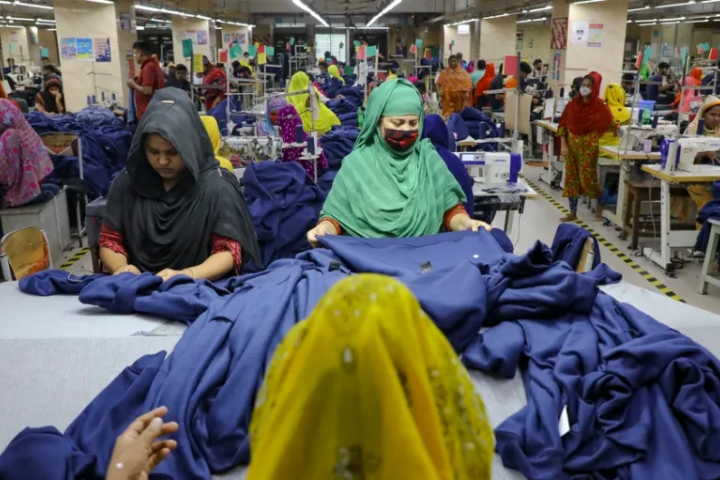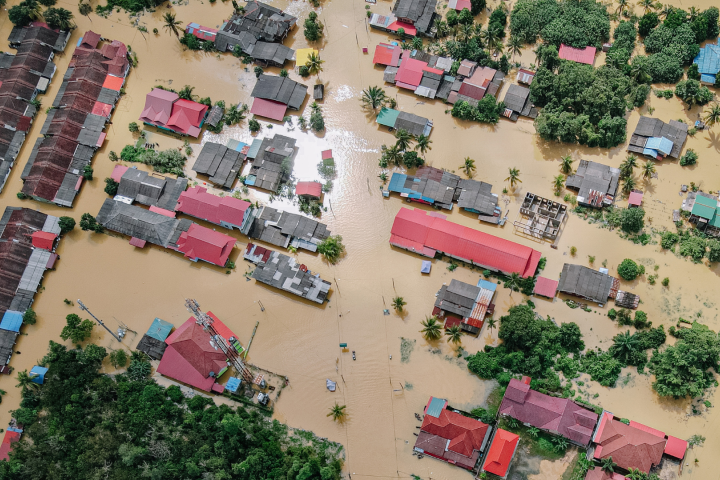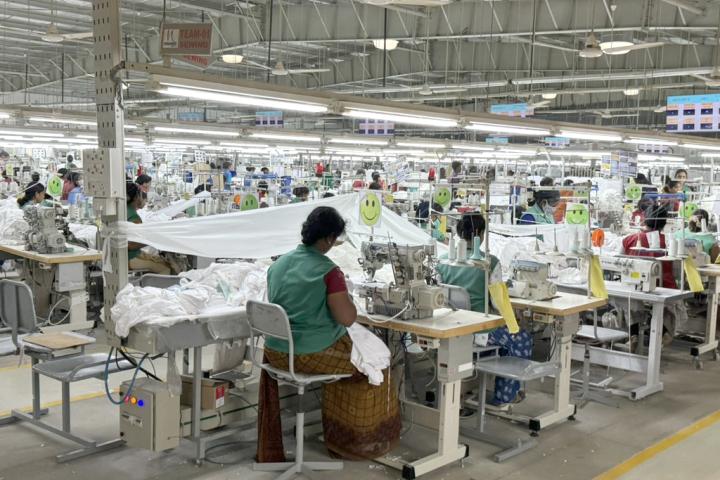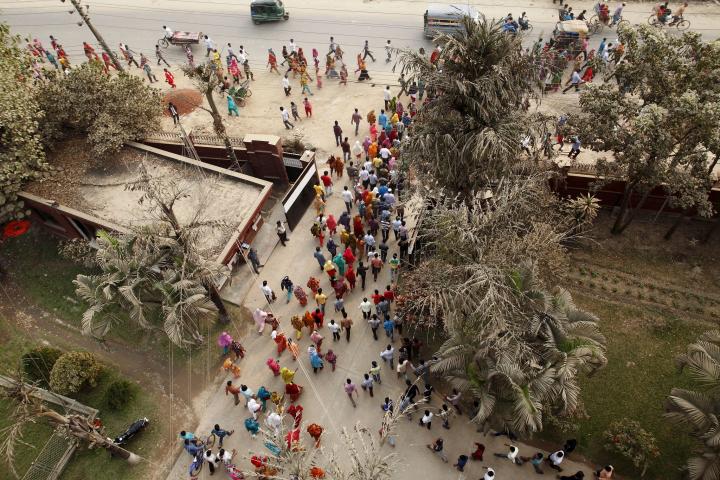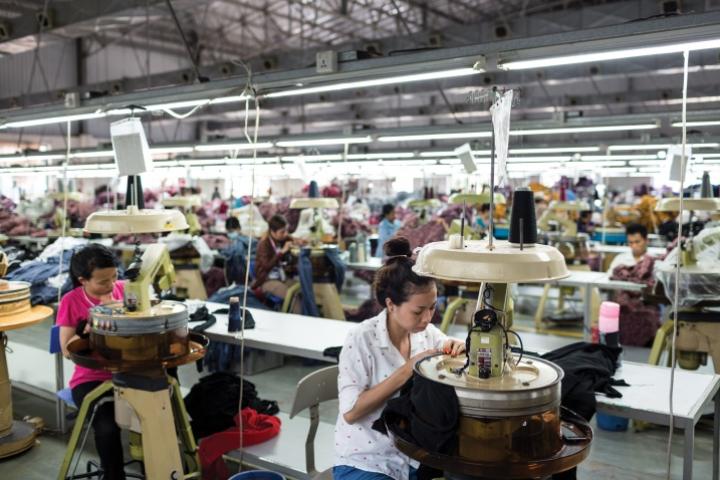The Global Labor Institute aims to diagnose critical problems in the private and public regulation approaches regarding labor standards through cutting edge research leading to evidence-based conversations and decisions amongst fragmented constituencies—unions, brands, suppliers, civil society, and governments to improve outcomes for workers in in the supply chain. In so doing, the project will inform efforts for enlightened public regulation as well as more effective methods for collective bargaining in today’s global economy.
The research network is led by by Sarosh Kuruvilla, Professor of Industrial Relations and Asian Studies in Cornell’s ILR School, and includes a group of accomplished researchers from around the world. The Project’s methodology involves extensive field research, the analysis of data from global companies, multi-stakeholder institutions, and other actors in the burgeoning eco-system of private and public regulation.
In the years since its founding, GLI has made significant findings highlighting a number of different problems with private and public regulation, but also pointing to pathways for improvement. These findings challenge core assumptions of private and public regulation efforts and several of the early papers are available to read on this website.

